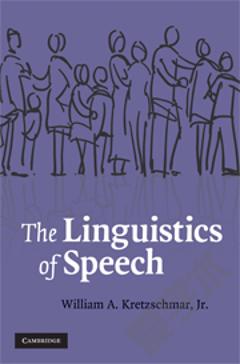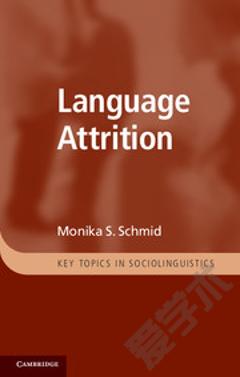The Linguistics of Speech
This insightful study proposes a unified theory of speech through which conflicting ideas about language might be understood. It is founded on a number of key points, such as the continuum of linguistic behaviour, extensive variation in language features, the importance of regional and social proximity to shared linguistic production, and differential frequency as a key factor in linguistic production both in regional and social groups and in text corpora. The study shows how this new linguistics of speech does not reject rules in favour of language use, or reject language use in favour of rules; rather, it shows how rules can come from language as people use it. Written in a clear, engaging style and containing invaluably accessible introductions to complex theoretical concepts, this work will be of great interest to students and scholars of sociolinguistics, dialectology and corpus linguistics.
{{comment.content}}








 京公网安备 11010802027623号
京公网安备 11010802027623号